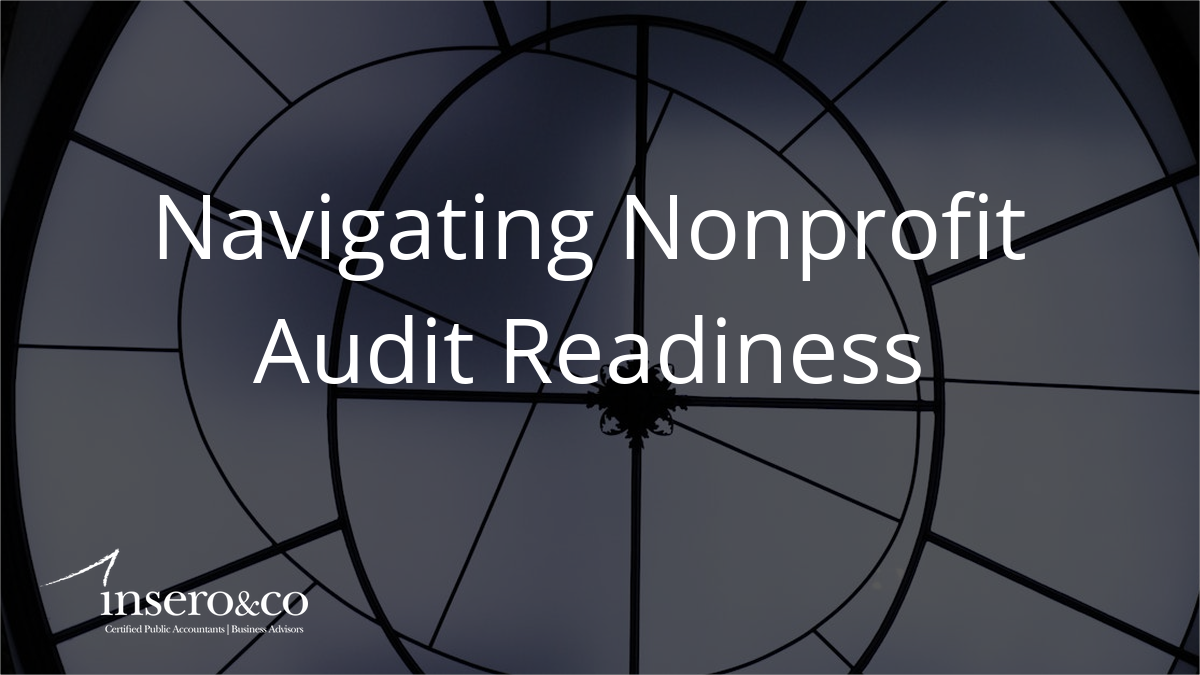Credit Crunch – How to Deal with Customers Who Don’t Pay
As any business owner can attest, customers to whom you extend credit don’t always pay in full or on time. Cash flow issues, system problems, or simple forgetfulness may be offered for failing to make good on obligations. Despite your best efforts to screen clients, some will prove unreliable when getting cash to you on time.
Here are some tips for managing your risk if you do extend credit to some or all of your customers.
Develop a rating system. Score each customer with a number. The number represents to whom you will sell on credit and how much risk you are willing to take. Also have scores that represent customers you will not bill and those who you will no longer take orders from because of credit risk. Develop a system to objectively assign the score. Payment history and external credit scoring reports are both good indicators of whether a particular customer will be an acceptable credit risk.
Consider credit applications. Create a simple credit application. The application should be signed by the responsible party to pay the bill. If large credit amounts are expected, get a person to take personal responsibility to pay the bill. This will provide an additional means to collect your money should the company fail to pay. You will need this signed document if you wish to use a collection agency to collect delinquent accounts.
Start small to hedge initial risk. Just like credit card companies with consumers, start your customers with a small but reasonable credit limit. After the customer demonstrates they mostly pay on time, you can begin to increase the limit.
Create a notes section on your customer records. Use this to record what a late paying customer tells you. Over time, this will reveal the customers who are honest and the customers who fail that test. This idea also provides continuity of communication for the customer that tries to tell different employees different stories.
Develop a collection system. Customers may try and test you to see if you’re paying attention to outstanding invoices. Their thought process might be “Hey, let’s see how long I can go without paying before they notice!” The best way to counter this tactic is to run a receivable aging report once a month. When a bill ages through the report, know what you are going to do to collect bills at 30 days, 60 days, 90 days, and anything older than that. At the very least, a phone call once a month will tell the customer that you haven’t forgotten about their invoice!
Look for other signs of trouble. Train your team to be on alert for:
- The customer fails to return your phone calls or shows annoyance at your inquiries.
- Your requests for information, such as updated financial statements, are ignored.
- The customer places jumbo orders and presses you for a higher credit limit.
- The customer tries to coax you into providing a good credit report to another supplier despite having a poor payment record with your business.
- You get word that the customer’s credit rating has been downgraded.
Remember, great customers can have sincere problems paying a bill. By having a good credit rating system, you can more readily identify the customers you want to accommodate to pay their bills and those customers whose activity should be suspended because they are truly problem accounts.
Learn more
Insero & Co. is a public accounting firm with decades of experience working with businesses and nonprofits of all sizes. Our experienced experts are available to help you evaluate best-in-class software and transition to solutions that give you the ability to scale efficiently.
As always, we hope you find our tips and news for businesses valuable, and look forward to receiving your feedback. Companies focused on growth have sought the help of Insero & Co. for more than 40 years. During that time they have consistently experienced the peace of mind that comes from knowing their CPA firm takes the concept of integrity seriously. Should you have any questions about how to deal with customers who don’t pay, please contact us directly.




